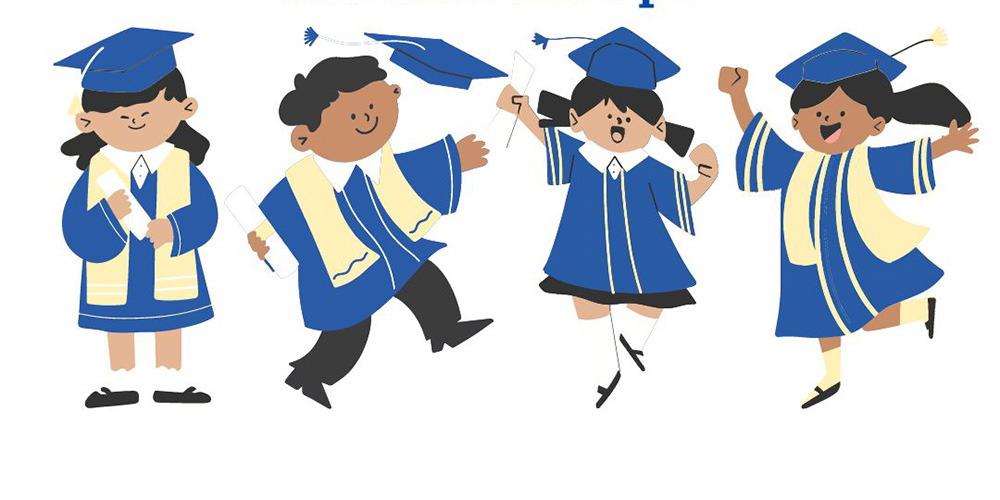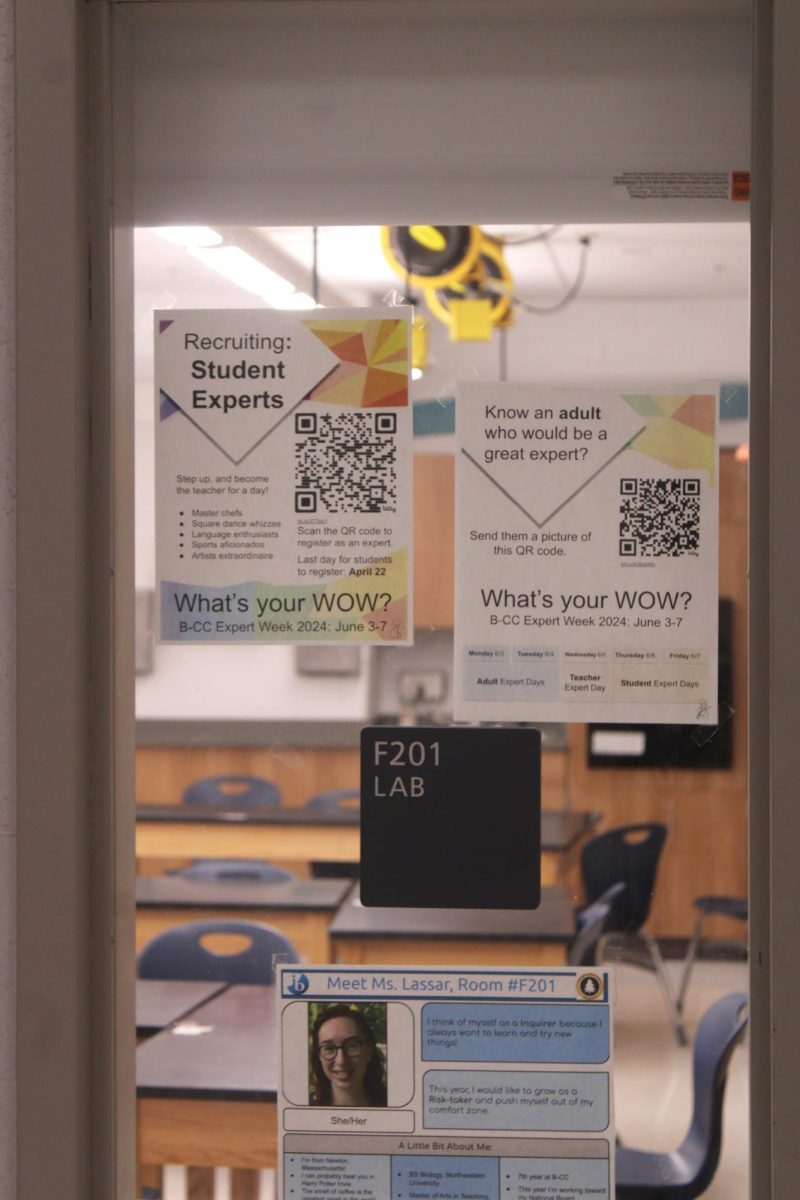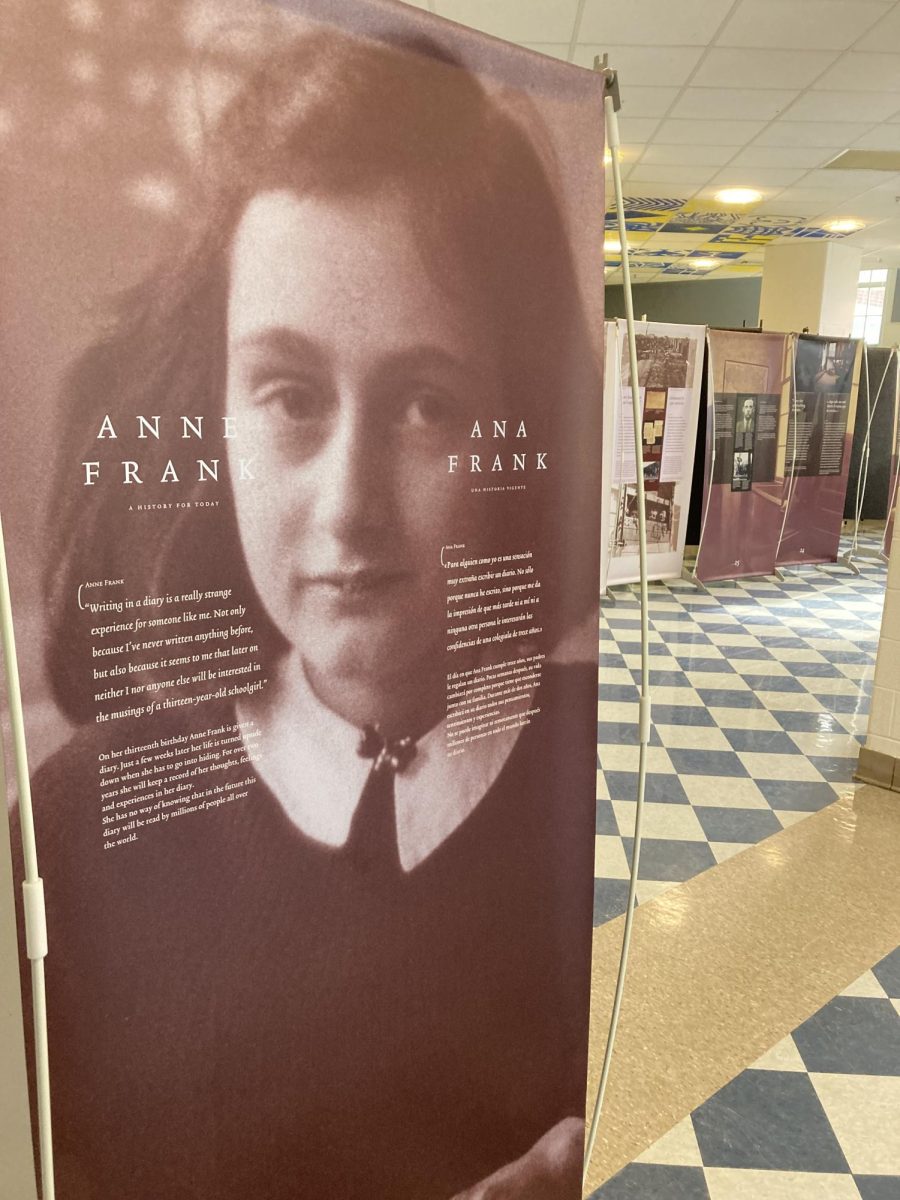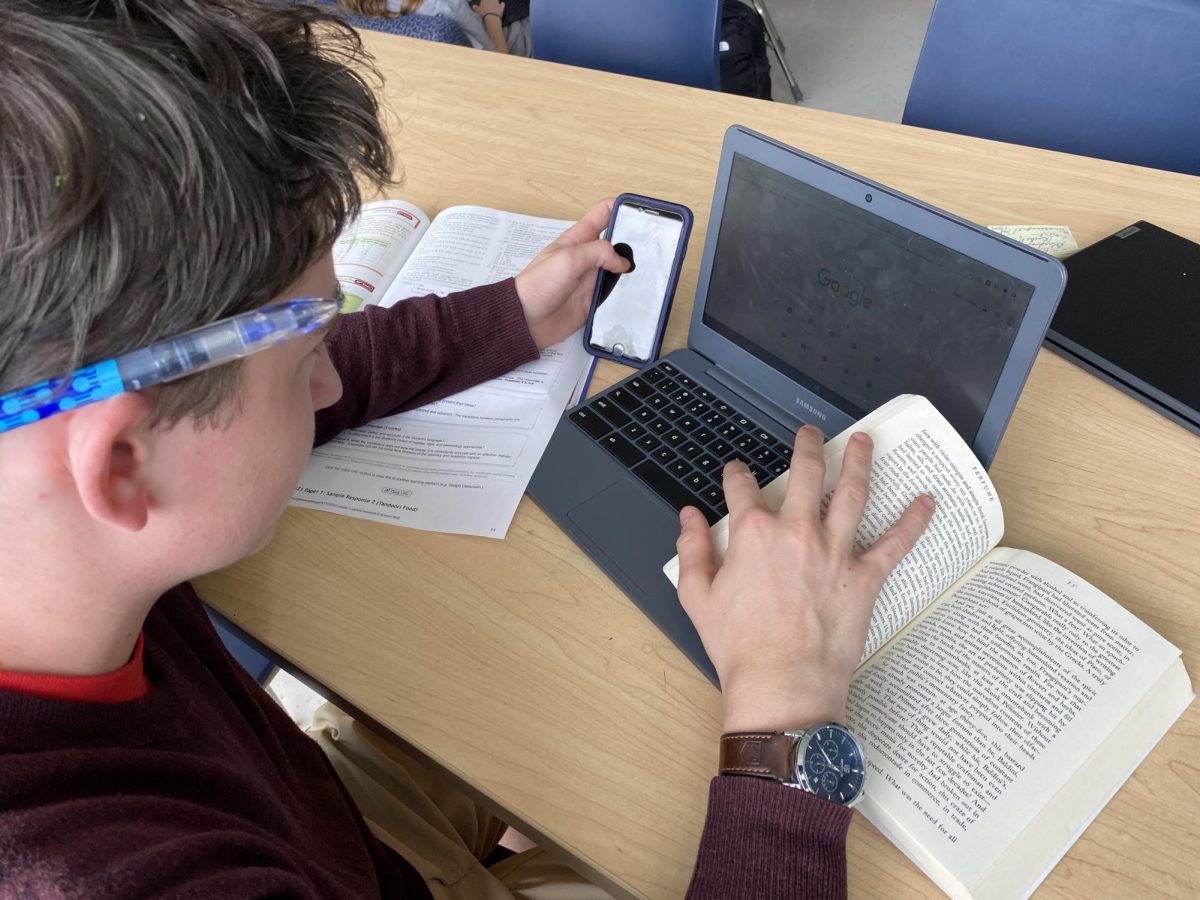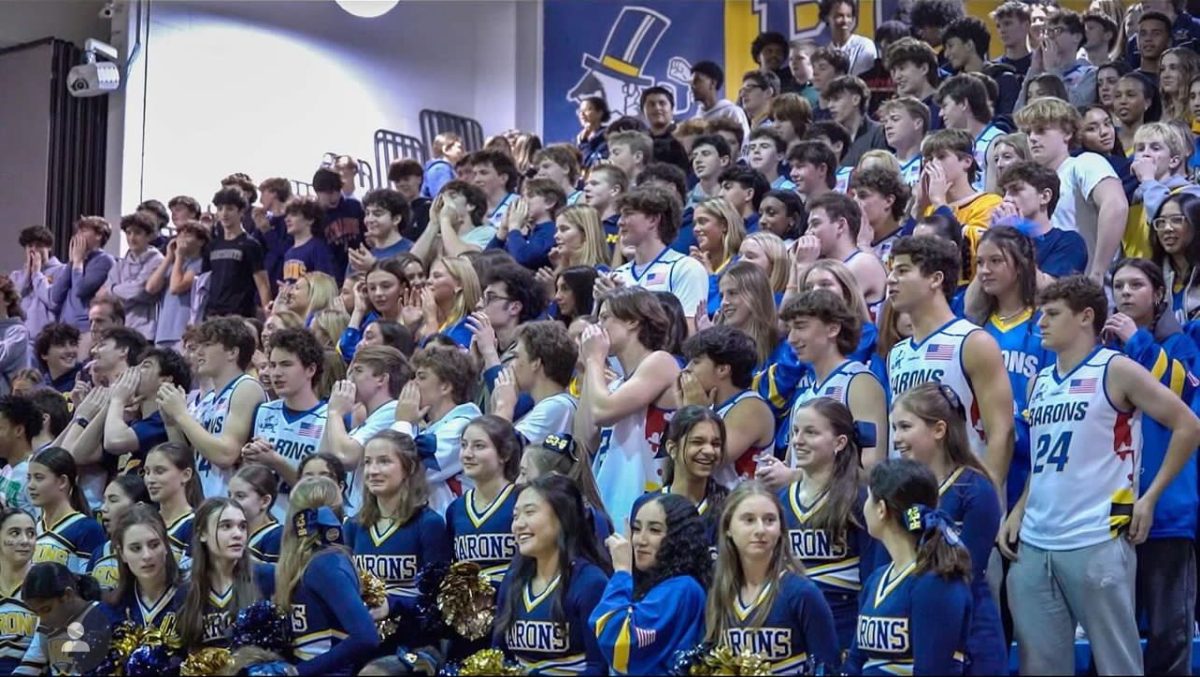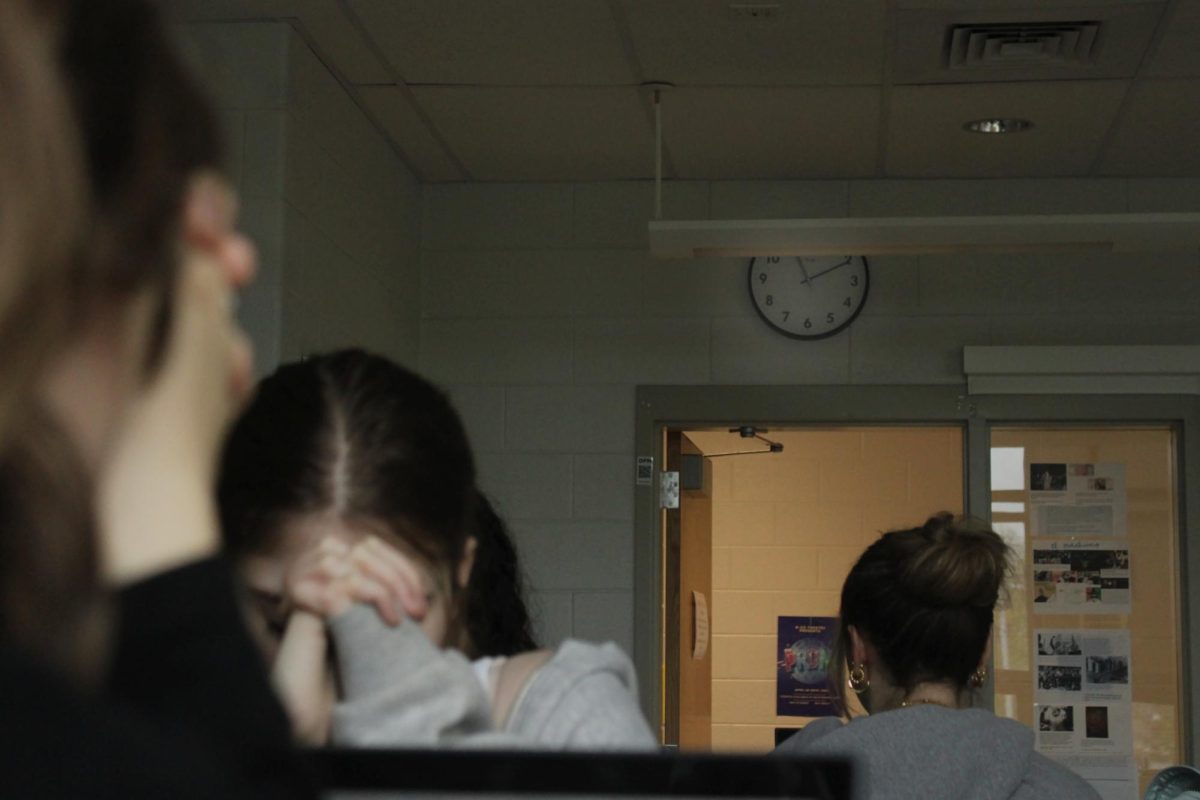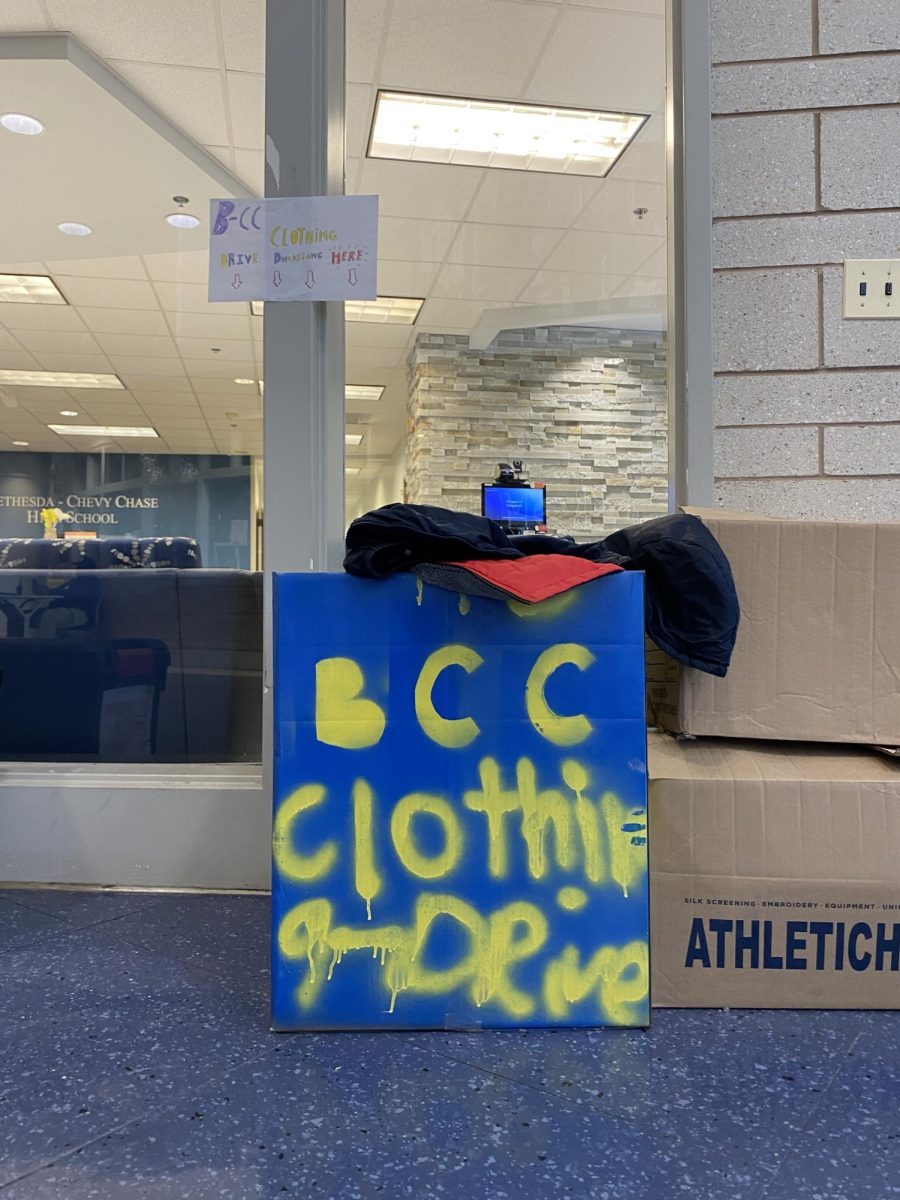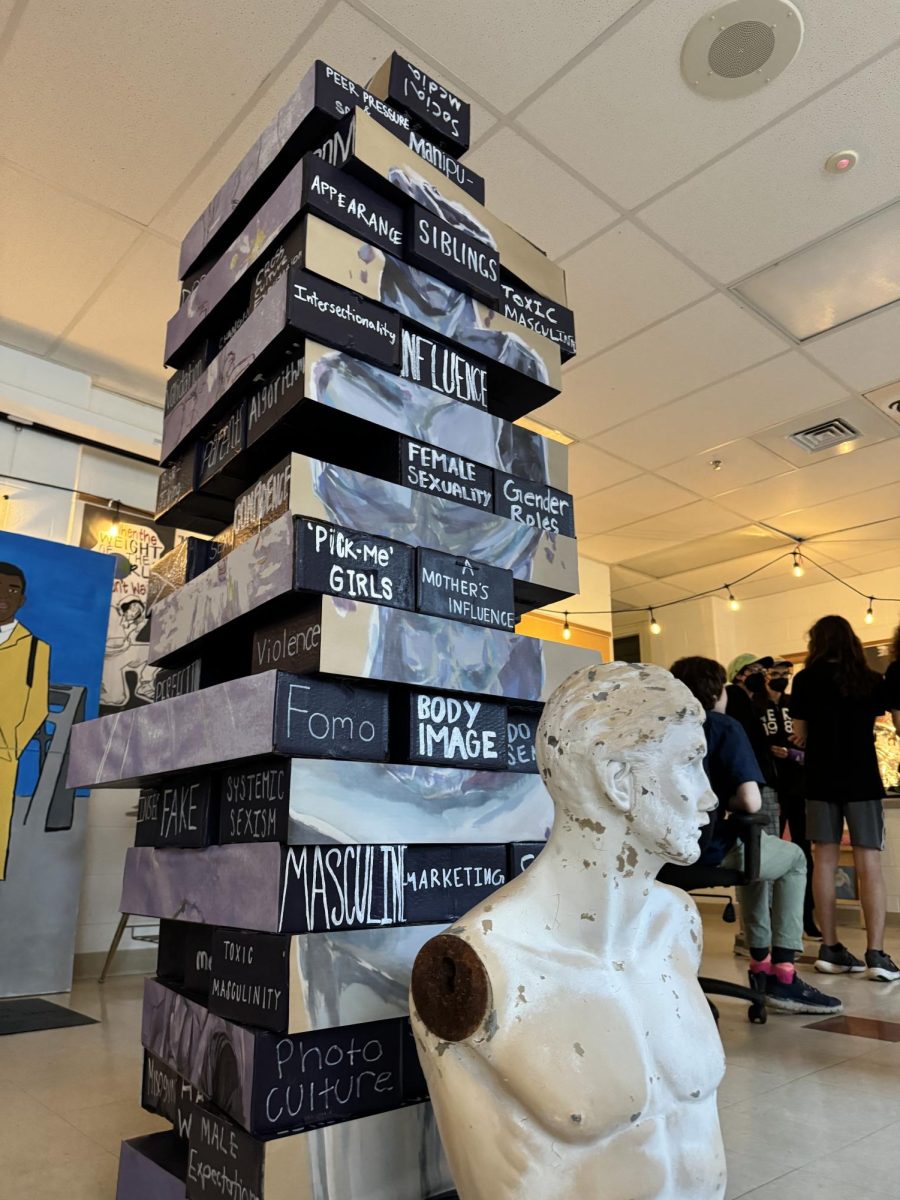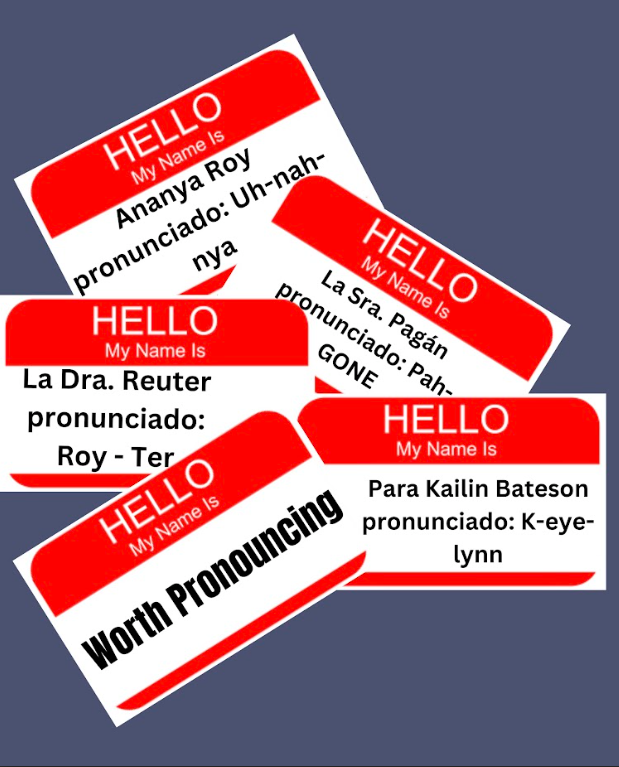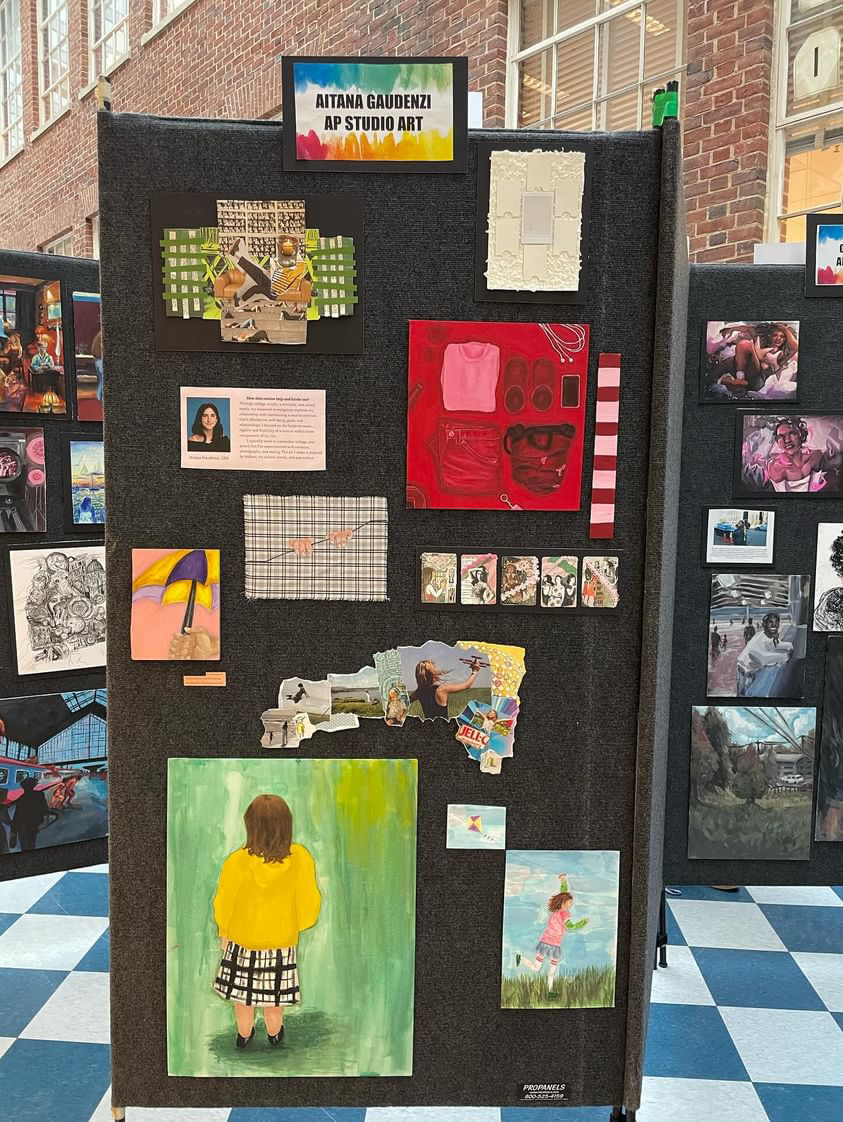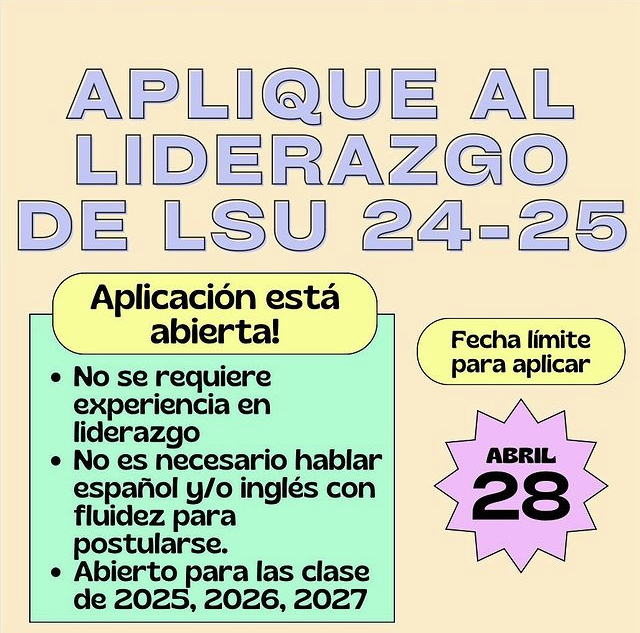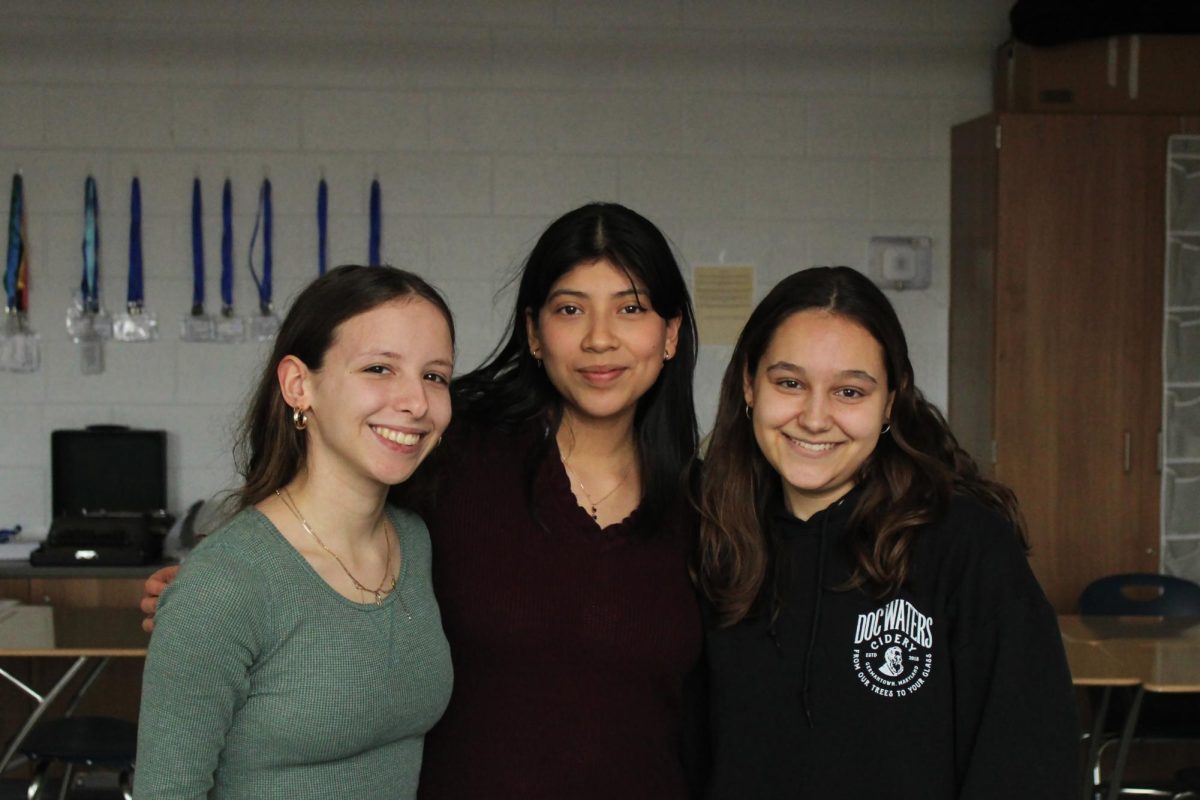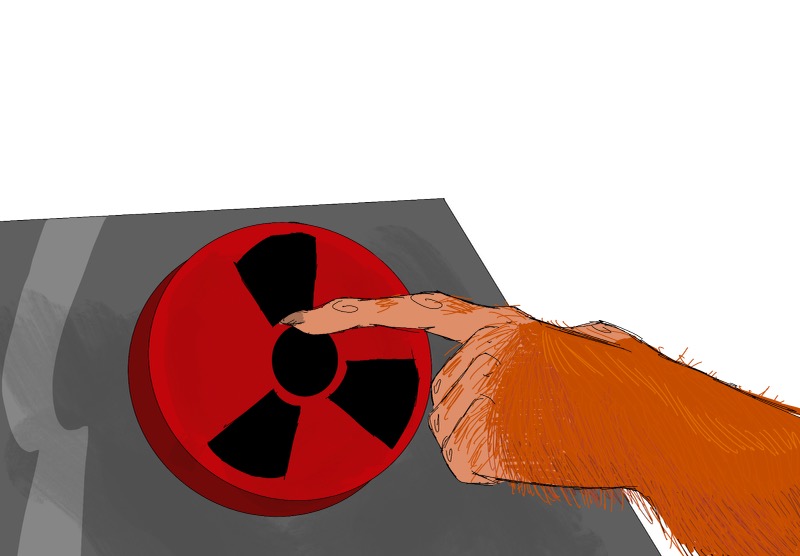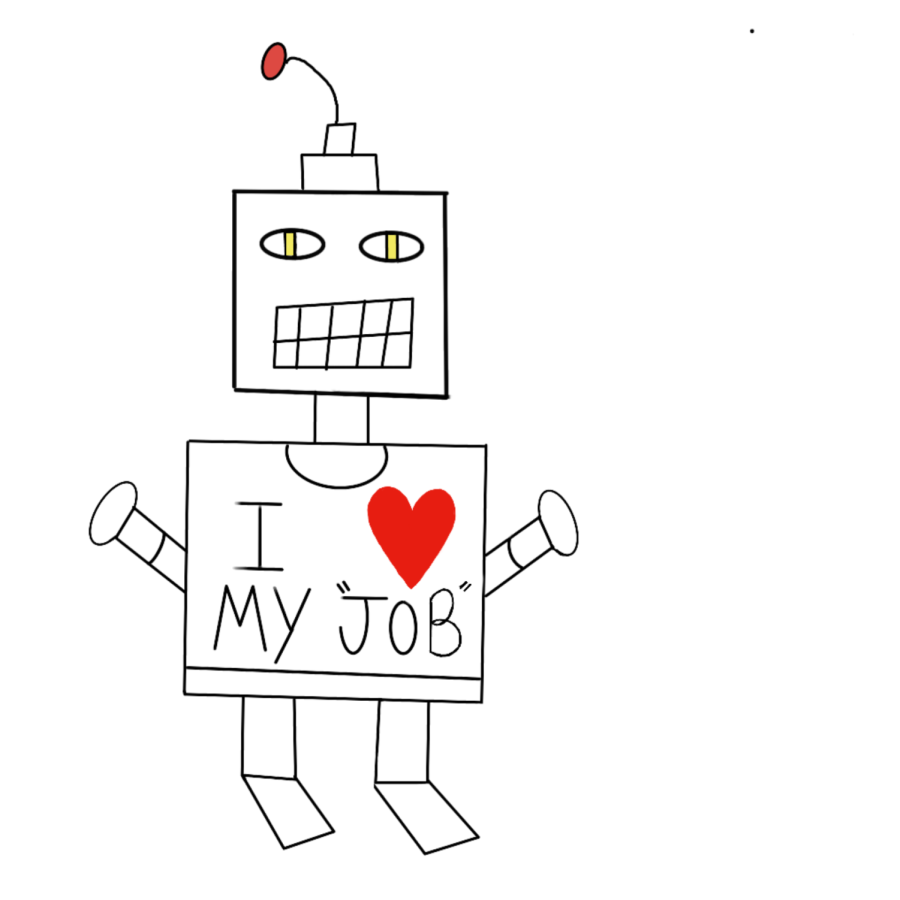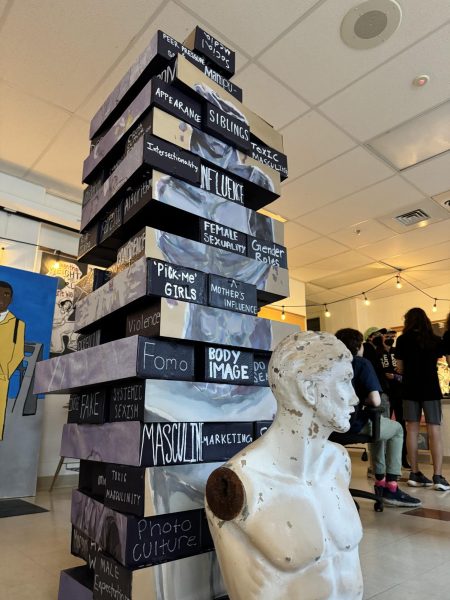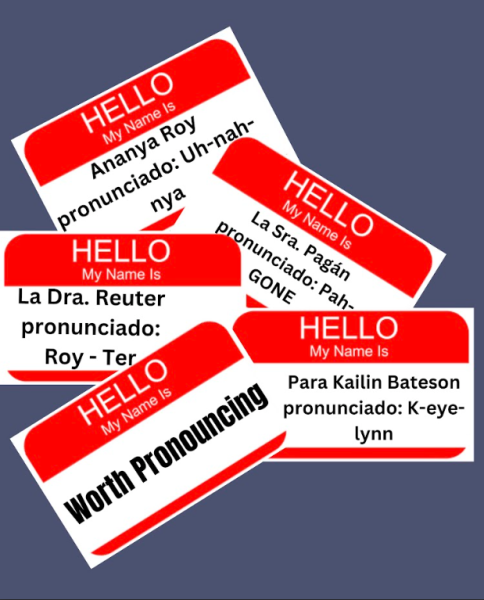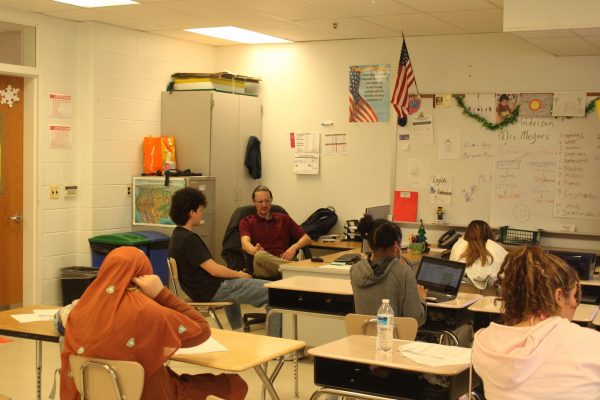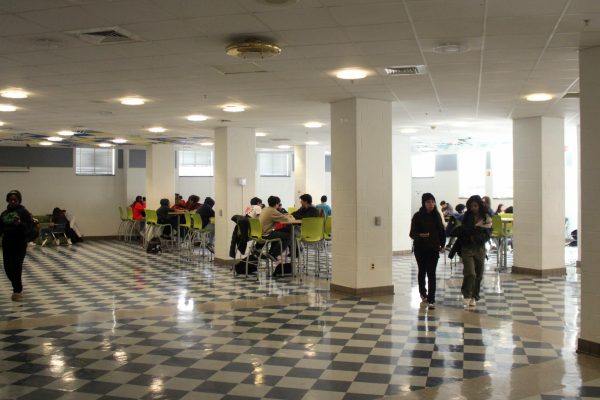We Need to Chat… Or Not
ChatGPT has only been around since November 3rd, 2022; yet it has already been heralded as a game changer and vilified as an existential crisis.
This article was originally published in The Amplifier, Montgomery County’s student-led magazine.
The writer is a B-CC senior and a special guest.
In recent years, artificial intelligence (AI) has become increasingly prevalent in many aspects of our lives. This has been particularly evident in the world of academia, with AI-powered solutions being used in everything from teaching and grading to research and the writing of scholarly papers. The latest development in this field is OpenAI’s new chatbot, GPT (Gener-ative Pre-trained Transformer), which has the potential to revolutionize the way people interact with Al in academia.
GPT is an Al-powered natural language processing system that is capable of understanding and producing human-like conversations. This has the potential to make academic discourse more efficient and productive, as it allows for the rapid generation of ideas and questions. It could also help to reduce the burden of grading, as GPT can be used to automatically assess the quality of a student’s work.
However, the use of GPT in academic settings also raises a number of ethical questions. For instance, some worry that the use of AI for grading could lead to a “black box” situation, where students do not understand how their work is being evaluated. Additionally, there are concerns that GPT could lead to plagiarism, as students may be tempted to use the system to generate their own work. Finally, it is unclear how GPT might affect the quality of academic discourse, as it could lead to a decrease in critical thinking and creativity.
Ultimately, the use of GPT in academic settings is an exciting prospect with many potential benefits. However, it is important that the ethical ramifications of using this technology are careful- ly considered before it is implemented. This includes ensuring that students understand how their work is being evaluated and that GPT is not used to facilitate plagiarism or to reduce the quali- ty of academic discourse. If these considerations are kept in mind,
GPT could be a powerful tool for improving the efficiency and productivity of academic discourse.
If you haven’t already discovered it, the above article was written by ChatGPT. I simply entered the prompt “What are the ethical ramifica- tons of using OpenAT’s new chatbotGPT in academic settings?” I provided neither outline nor pitch.
ChatGPT has only been around since November 3rd, 2022; yet it has already been heralded as a game changer and vilified as an existential crisis. One thing is clear: schools need to figure out how to detect, regulate, use and/or embrace ChatGPT and ChatGPT4 as soon as humanly (or faster-than-humanly) possible.

Maya Grayer, a B-CC senior, serves as a contributing artist and the layout manager for The Tattler. She also plays for B-CC's field hockey team.


